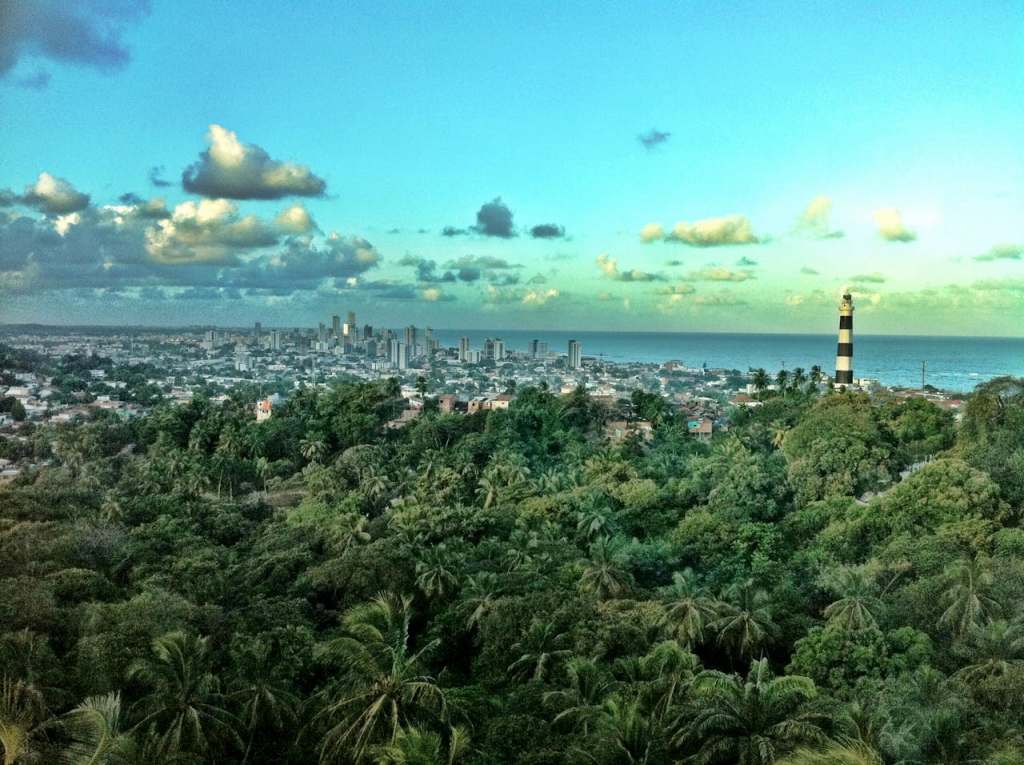Brazil is a country of vast biodiversity, vibrant cultures, and breathtaking landscapes. From the depths of the Amazon rainforest to the rolling dunes of Lençóis Maranhenses, the country offers countless opportunities for eco-conscious exploration. For travelers seeking meaningful and responsible experiences, sustainable travel in Brazil not only preserves its natural wonders but also empowers local communities.
Whether you’re staying in an eco-lodge, taking part in a guided Amazon tour, or connecting with indigenous traditions, sustainable travel is the key to seeing Brazil in a way that makes a difference.
Eco-Lodges That Champion Sustainability
One of the most powerful ways to support eco-tourism in Brazil is by staying at environmentally responsible lodges. Across the country, a growing number of accommodations are designed to minimize environmental impact while maximizing community benefit.
For example, Cristalino Lodge in the southern Amazon offers luxury amidst the rainforest with solar power, sustainable architecture, and deep partnerships with local conservation efforts. Similarly, Pousada Trijunção, located in the Cerrado biome, operates entirely off the grid and helps protect endangered species like the maned wolf.
These lodges don’t just offer a place to sleep; they offer immersive educational experiences, guided nature walks, and opportunities to learn about local ecosystems from expert biologists and naturalists.
If you’re planning your trip and need to sort out logistics like travel documents, services like brazilevisas.com can streamline the visa process and let you focus more on planning your eco-adventure.
Ethical Amazon Tours: A Deeper Connection with Nature
The Amazon rainforest is a bucket-list destination for many, but it’s also a fragile ecosystem under constant threat. Fortunately, there are responsible ways to explore this region through certified eco-tours that prioritize environmental stewardship and community involvement.
Look for Amazon tours led by local or indigenous guides who offer not just sightseeing, but cultural context and conservation education. These experiences often include canoe trips through flooded forests, wildlife tracking, and visits to community-run reserves.
Avoid tours that promote animal handling or disturb wildlife habitats. Instead, choose operators that work with NGOs and conservation groups. These tours often reinvest part of the profits into local development and rainforest preservation initiatives.
By traveling mindfully, you’re not just witnessing the Amazon’s beauty; you’re helping ensure its survival.
Supporting Local Communities Through Cultural Exchange
Sustainable travel in Brazil goes beyond nature; it also means engaging with local people in a respectful, mutually beneficial way. From capoeira lessons in Salvador to learning traditional fishing techniques in Pantanal communities, these experiences foster cultural appreciation while supporting livelihoods.
Community-based tourism initiatives are gaining popularity across Brazil. In places like Chapada dos Veadeiros and Ilha do Marajó, you can stay with families who provide homestays, meals made with regional ingredients, and guided activities that reflect their traditions.
Such interactions not only make your journey more memorable but also distribute tourism income more equitably, especially in rural and marginalized areas. You’ll leave with stories that go far deeper than the usual tourist trail.
Final Thoughts
Brazil is a land of epic adventures, but how you travel matters. By choosing sustainable options like eco-lodges, ethical tours, and community-based experiences, you become part of a growing movement to protect the country’s natural and cultural heritage. Every conscious choice helps preserve Brazil’s magic for future generations while ensuring today’s travelers leave a positive impact behind.

